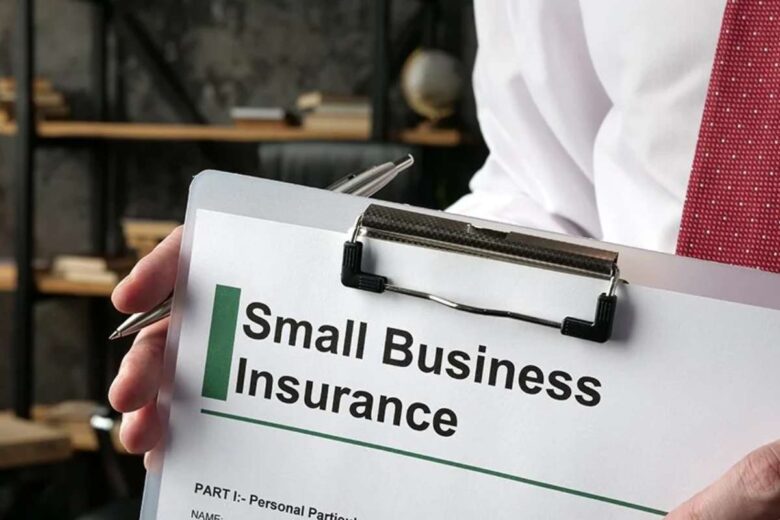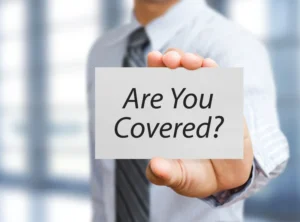Business Interruption Insurance
If your business is forced to close due to fire or a natural disaster, business interruption insurance will cover the loss of revenue and operating expenses. This coverage can cover rent, utilities, employee salaries, and other expenses while your business is closed. It ensures that you can recover and continue your operations without a financial disaster. Small businesses with limited cash reserves or physical locations can benefit from business interruption insurance. This insurance can help your business through difficult times by providing financial support.
Commercial Auto Insurance
Business auto insurance is essential for small businesses that use their vehicles for delivery, transportation, or other business tasks. This insurance covers accidents involving company-owned or leased vehicles. It covers theft, vandalism, and other incidents. Business auto insurance is essential because personal auto insurance rarely covers business use. When looking at business auto insurance, check the number of vehicles, their intended use, and the coverage required. This coverage protects your business and provides coverage for your vehicles.
Product Liability Insurance
Businesses that manufacture, sell, or distribute goods need product liability insurance. This insurance covers claims for injuries or damages resulting from defective or dangerous products. If a customer sues your business for product damage, product liability insurance can cover legal fees and settlements. This insurance is essential for businesses in the food, electronics, and toy industries that take product safety seriously. Product liability insurance protects your business from product claims by providing financial protection.
Choosing an Insurance Company
Choosing the right insurance policy is just as important as choosing the right insurer. Look for an insurance company with a good reputation, excellent customer service, and fast claims processing. Consult with an independent insurance agent to evaluate different insurance companies’ policies and find the best coverage. Also, read reviews and ask other small business owners for advice. A reliable insurance company will provide customized coverage, clear communication, and the necessary assistance.
Conclusion
Small businesses need business insurance to protect themselves from all kinds of hazards and to succeed in the long run. There are many ways to protect your business, from general liability and property to workers’ compensation and cyber liability. Understand your needs and choose the right coverage to protect your assets, people, and reputation. Choose a reliable insurance company to ensure you have help and protection when you need it most. With the right business insurance, you can run your business with confidence and peace of mind.
FAQs
1. What type of business insurance is most important for a small business?
It covers bodily injury, property damage, etc. Therefore, general liability insurance is the most necessary.
2. If I have only a few employees, should I be entitled to workers’ compensation?
Even if you only have one employee, workers’ compensation insurance is usually essential.
3. What does cyber liability insurance cover?
Cyber liability insurance covers legal and data recovery costs resulting from cyberattacks, data breaches, and other digital threats.
4. How much home insurance do I need?
To provide adequate coverage, you should estimate the replacement costs for your buildings, equipment, and inventory.
5. Do all small businesses need professional liability insurance?
Consultants and accountants need professional liability insurance.




